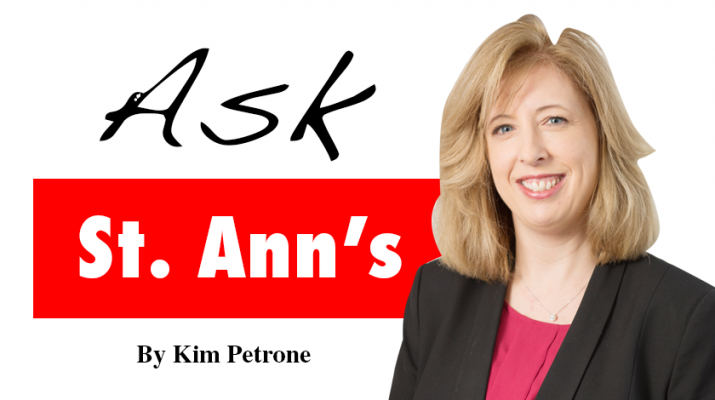By Kim Petrone, MD
Caring for an older adult has its rewards, but it can also be exhaustingand frustrating, even in the most loving relationships. Consistently putting your needs last opens the door for caregiver burnout.
Common signs of caregiver burnout include:
• Withdrawing from your friends and family
• Losing interest in activities you used to enjoy
• Feeling blue, irritable or hopeless
• Feeling overwhelmed, frustrated or angry
• Experiencing changes in your sleep pattern
• Getting sick more often
• Contemplating hurting yourself or the person in your care
Just as flight attendants instruct adults to put on their oxygen masks first before assisting a child, you need to take care of yourself when caring for others.
Here’s how:
• Go easy on yourself — Having negative feelings about your role as a caregiver is normal and don’t mean you’re a terrible person or a bad caregiver.
• Talk about your situation — Find a trusted friend, co-worker, or support group and share your feelings and frustrations. See a therapist, social worker, or clergy member for professional advice.
• Accept help — Know your limits. Admit when you need help from others and accept it when it comes. Friends and family often want to help, but don’t know how — give them a task like doing the grocery shopping or sitting with your loved for an hour.
• Temper expectations with education — Learn about your loved one’s condition and set realistic expectations about how much you can do — especially when the person’s health condition will become more severe over time.
• Stay healthy — See your own doctor, eat right, and get plenty of exercise and sleep. And don’t forget to laugh to counter everyday stresses and lighten your mood.
• Help is out there — To make time for yourself, consider support services like these:
• Respite care services range from a few hours of in-home care to a short-term stay in a skilled nursing or assisted care facility.
• Adult day care programs, like those offered by St. Ann’s Community, provide seniors a safe, supervised social environment and medical care during the workday while giving you, the caregiver, a well-deserved break.
St. Ann’s Community also offers caregiver support through its continuum of eldercare services. Physician Kim Petrone is medical director of St. Ann’s Community and the Rochester General Wound Healing Center at St. Ann’s. She is board-certified in internal medicine and geriatrics and has been providing medical care for seniors at St. Ann’s since 2005. Contact her at kpetrone@mystanns.com or 585-922-HEAL (4325), or visit www.stannscommunity.com.

